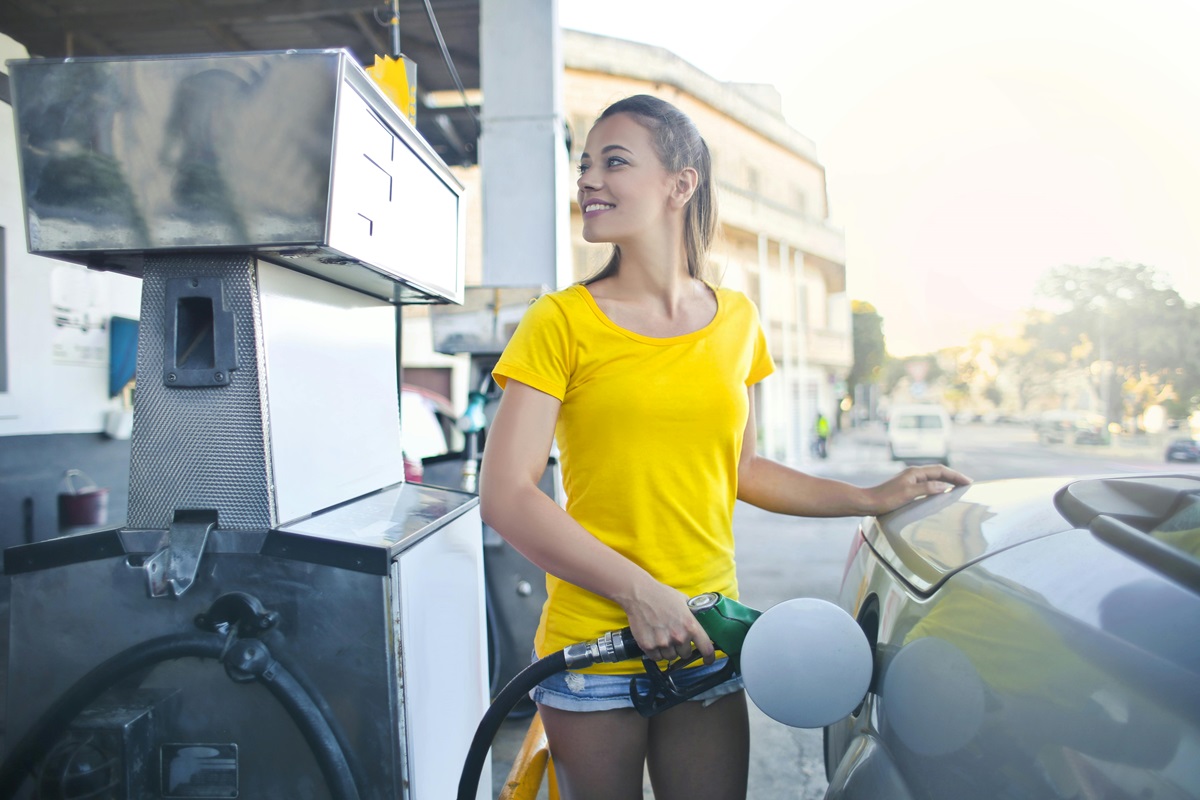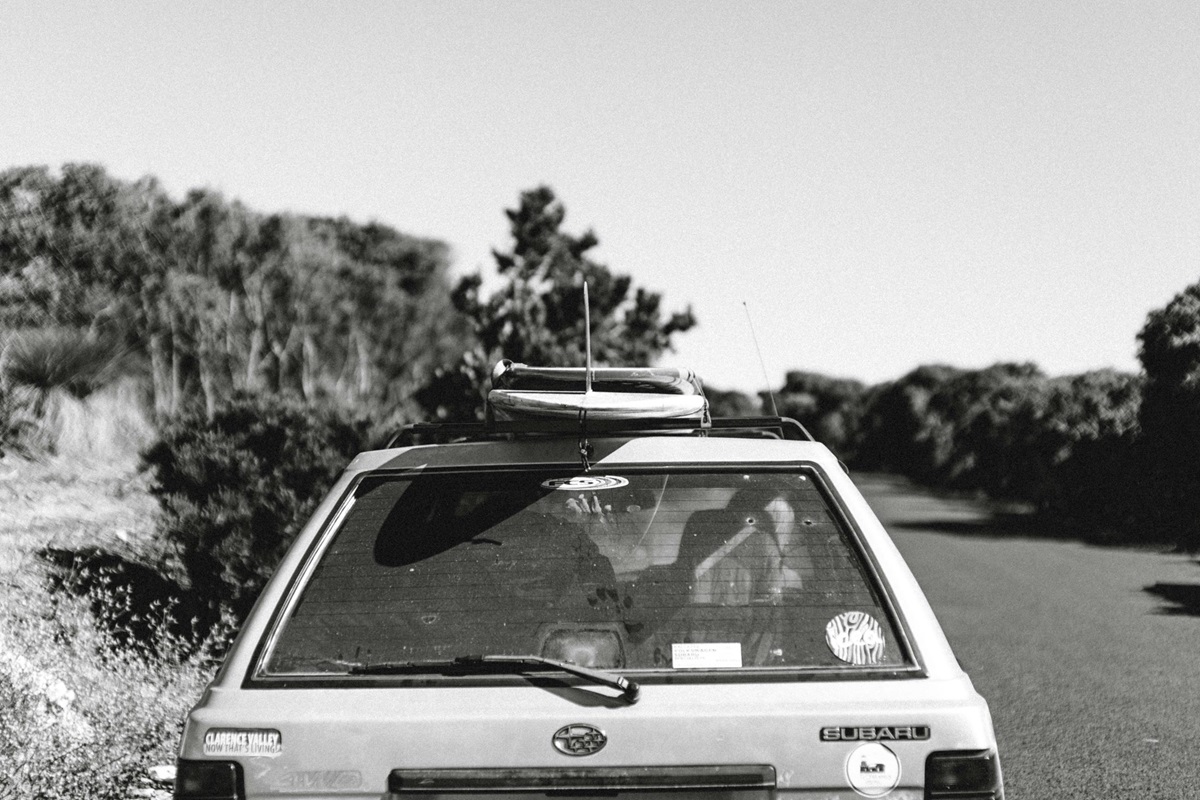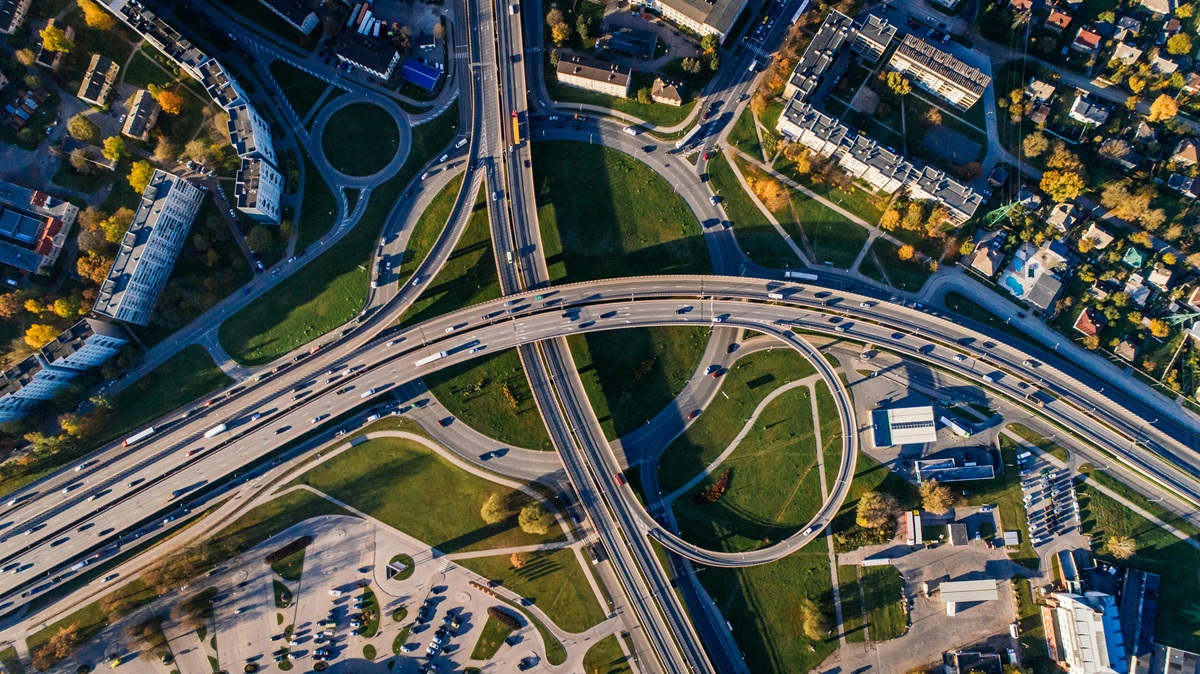How to Save on Gas in Any Car

U.S. gas prices are anticipated to climb to around $4 a gallon in 2024, the highest since summer of 2022. If you’re wondering how to make every tank of fuel in your current vehicle go as far as possible, the following are proven methods that will help you save on gas in any car.
Driving techniques
You can save good money at the pump with these fuel saving techniques.
Accelerate slowly
If your car is capable of displaying your real-time fuel economy (and if you’ve paid any attention to it) then you’ll already know this one: accelerating hard burns fuel hard. Of course, there’s no getting around having to accelerate from time to time, but you can save a lot of gas by just doing it smoothly and slowly.
Reduce your top speed
The faster you go, the harder your engine must work to overcome tire rolling resistance and air resistance. If you’re a frequent speeder, easing up by 5-10 mph can return up to 14% better mileage, according to the U.S. Department of Energy.
Use cruise control
Maintaining a constant speed is much more efficient than constantly accelerating and slowing down, which is why most vehicles get significantly better fuel economy on the highway. And the most effective way to maintain a truly constant speed is to use cruise control.
Coast often
This technique is so convenient yet effective that even racing drivers use it. When arriving at a stop, don’t wait until the last second to slow down. Simply let off the gas and coast up to the stop before gently applying the brakes as needed. The more attentive you are at the wheel, the more often and effectively you can use this technique, as you’ll be able to better anticipate having to slow down — and thus have more time and space to do so. It will not only save you fuel but also stretch the life of your brakes.

Maintenance considerations
Another way to save on gas is to make sure your vehicle is in the optimal condition for efficiency.
Check tire pressures
Underinflated tires have higher rolling resistance, leading to reduced fuel economy. Overinflated tires aren’t much better, for more complex reasons — and unsafe besides. Keeping your tires at the manufacturer-recommended pressures only makes a small difference, but one that adds up.
Remove extra weight
Do you tend to use your car as a mobile storage unit? If you carry a lot of extra weight in your car, it can also impact your fuel economy. Every 100 pounds lowers mileage by about 2%.
Take off the roof carrier
If you’re not using it, your car’s roof carrier is only dragging you down — literally. Depending on the type, it can cut into your fuel economy by up to 20%! When the weekend adventure is over, take off the carrier — and the rails too, if they’re not from the factory.
Buy regular gas
If you’ve been spending extra on premium gas, check your owner’s manual. Unless your car’s manufacturer specifically requires that your car needs it, there is absolutely no benefit to filling up your tank with premium gas. It will not make your engine run better or last longer.
Open the windows (at low speeds)
At high speeds, your car is able to efficiently run the air conditioning compressor, and open windows create too much resistance to be worth opening. But at low speeds, using the A/C in your car can lower your fuel economy by over 25%. Keep the windows open when driving around town, and use the A/C on the highway.

Lifestyle decisions
The most effective way to save fuel is to limit the amount of time you spend driving in the first place. That can be tough to do in a country like the U.S., which is designed around cars and can be downright hostile to pedestrians in some places. But it’s still doable.
- Carpool when possible.
- Take public transportation where available.
- Avoid rush hour. Driving in stop-and-go traffic is inefficient.
- Walk or ride a bicycle for nearby errands.
- When you must drive, combine trips.
Some of these tips have a greater impact than others, but even the small ones can add up when used together. By following all the advice on this page, you can drastically cut your fuel usage and feel less affected by rising fuel prices. Good luck!
Kurt Verlin was born in France and lives in the United States. Throughout his life he was always told French was the language of romance, but it was English he fell in love with. He likes cats, music, cars, 30 Rock, Formula 1, and pretending to be a race car driver in simulators; but most of all, he just likes to write about it all. See more articles by Kurt.

